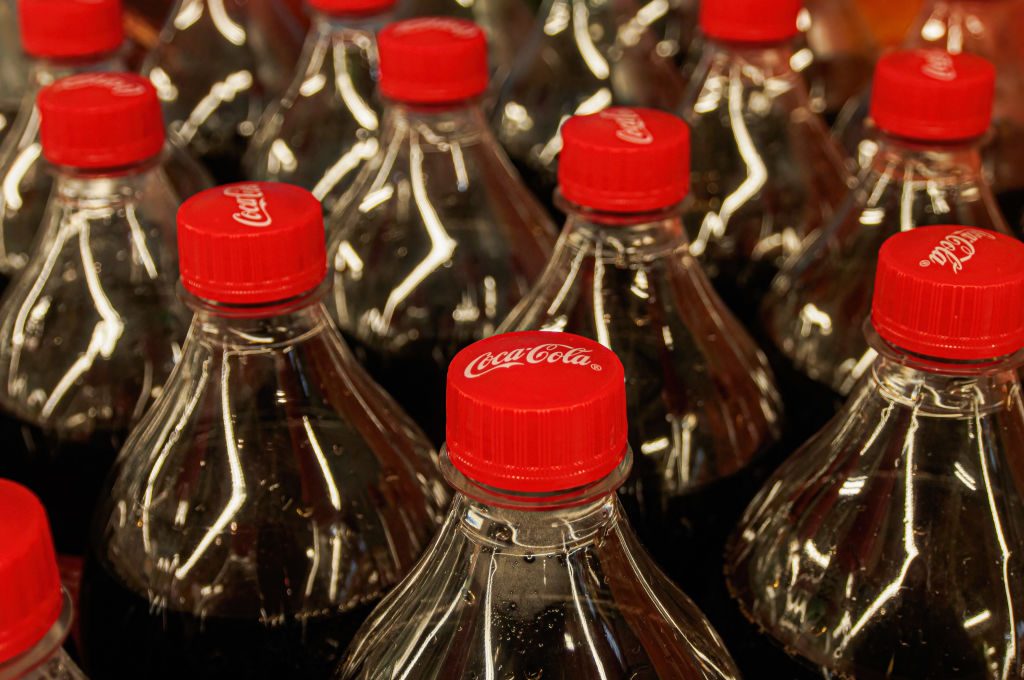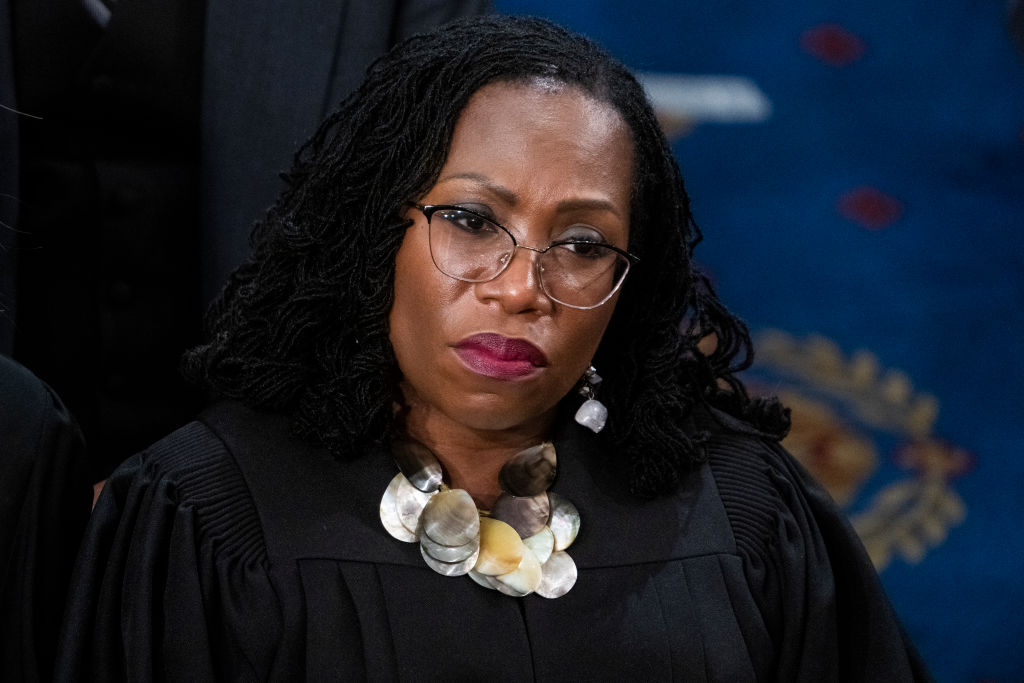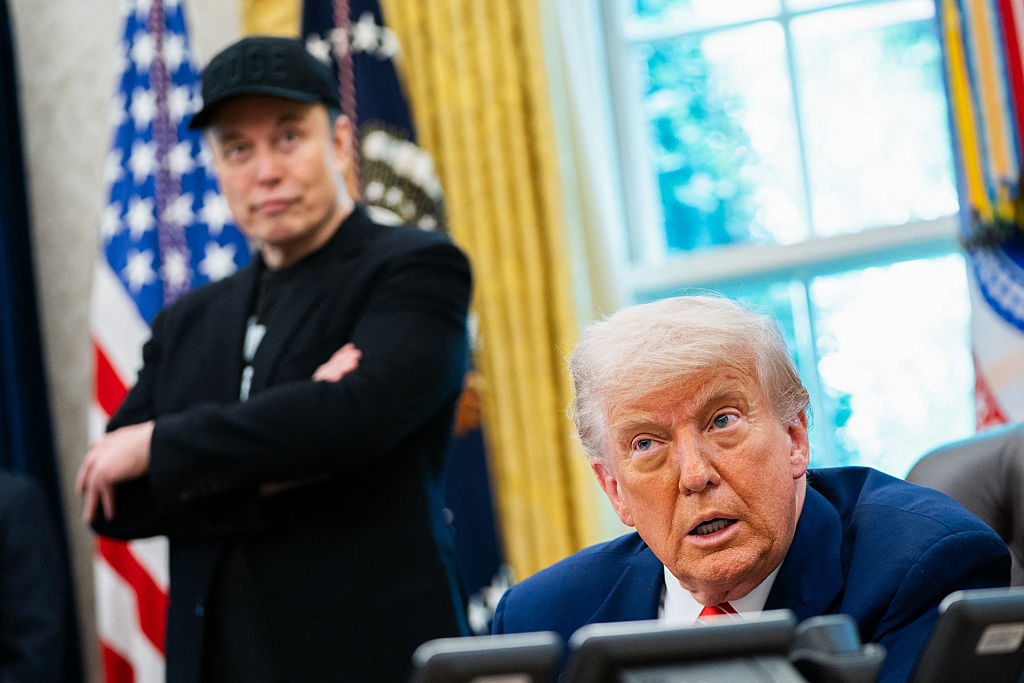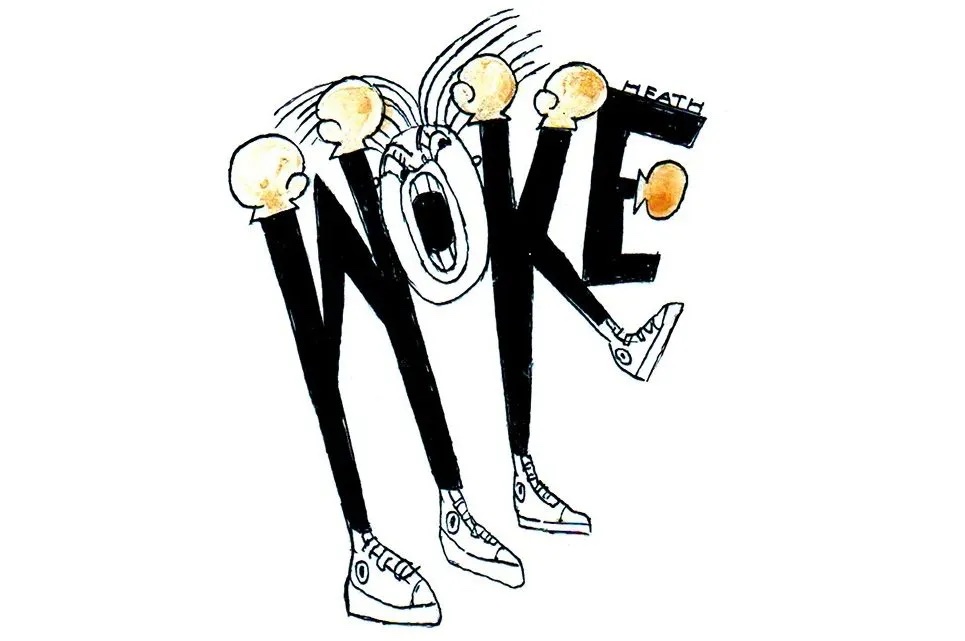Coca-Cola’s shareholders overwhelmingly rejected a series of left-wing proposals that demanded an audit on Coke’s impact on non-white stakeholders, “a report on risks from state policies restricting reproductive rights” and more.
During its annual meeting of shareholders, the Coca-Cola board’s voting recommendations carried the day over every single shareholder proposal — and none of the votes were particularly close; most lost by several billion votes.
The Coca-Cola votes come during a time when American companies are seeing a widespread rejection of woke capitalism, fueled by the Bud Light backlash.
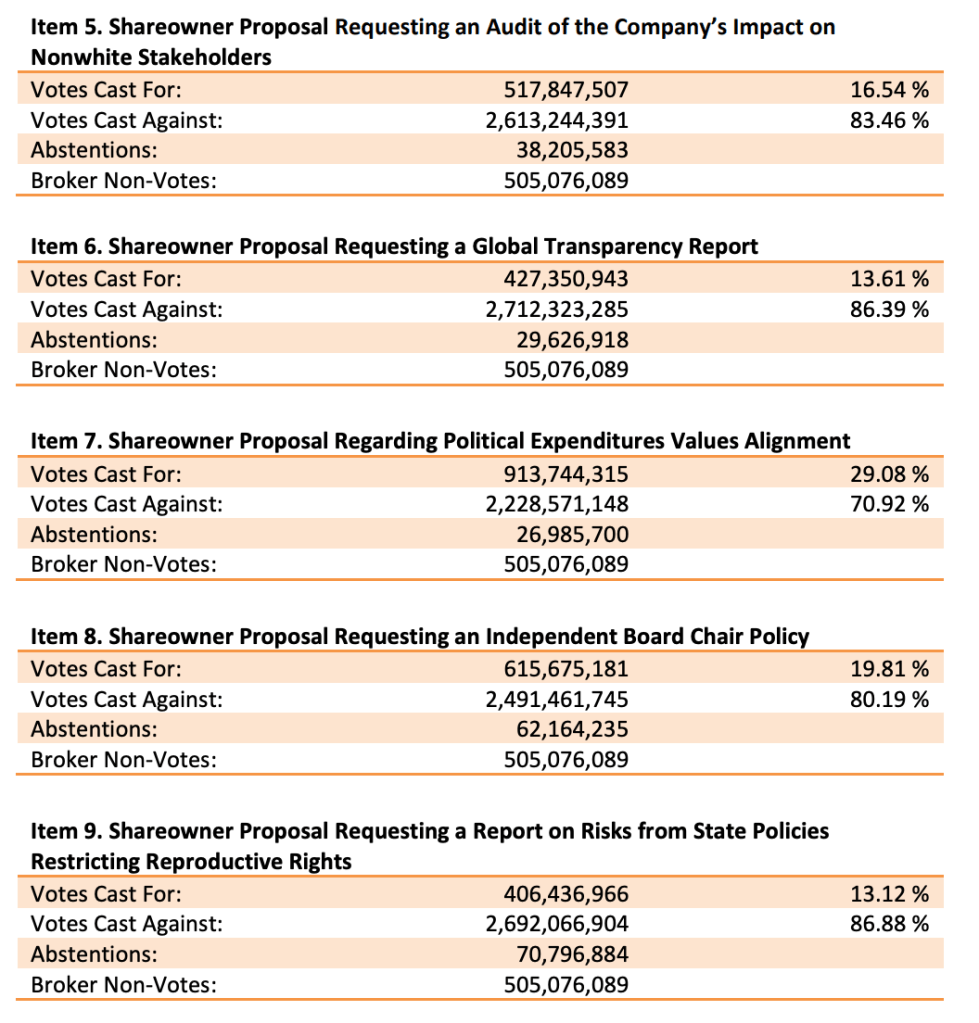
While the rejections of these proposals is undoubtedly welcome news to the growing movement of anti-woke corporations, Coca-Cola’s rationale for why it opposed many of the proposals at times boiled down to how they’re already doing much of what was demanded.
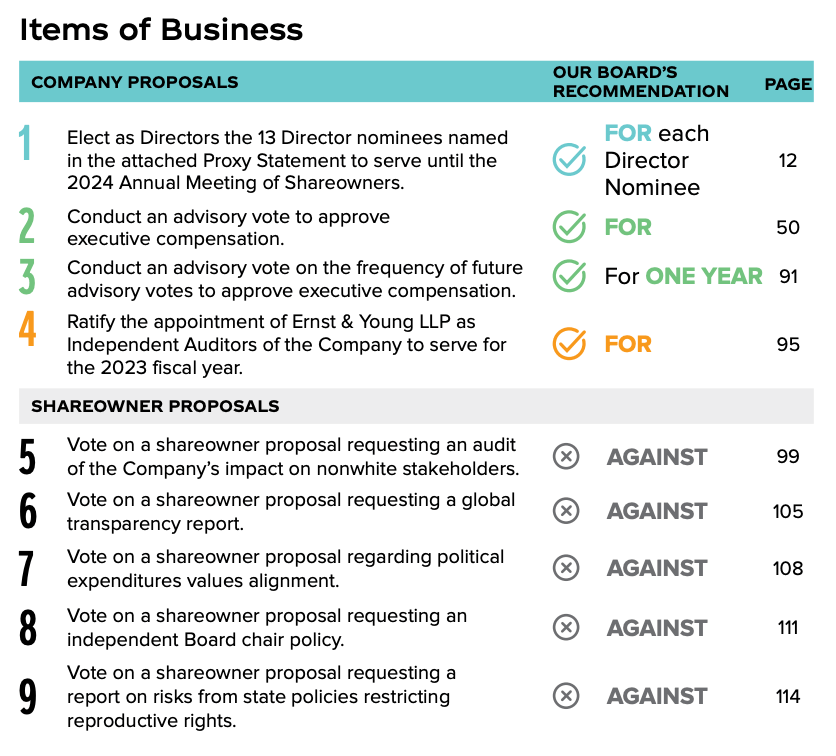

The board’s statement of opposition to the proposal, for example, that would require “an audit of the Company’s impact on nonwhite stakeholders” (which was rejected 16.54 percent-83.46 percent) boils down to how the idea is redundant.
In its memo to shareholders, obtained by The Spectator, Coke touts how Diversity, Equity and Inclusion is a “strategic business priority,” that it already “publicly disclose[s] gender globally and US race/ethnicity by level, a practice that we will continue annually” and that “the Coca-Cola Company and the Coca-Cola Foundation collectively gave more than $6 million in grants, donations and employee matching gifts to support organizations focused on social justice.”
“We are already taking meaningful action in addressing the overarching issues raised in the proposal… Therefore, we do not think it is in the best interests of the business or our shareowners to divert resources from ongoing DEI actions and commitments and apply them toward an audit that would not yield meaningful enhancements to the Company’s existing practices.”

Coke’s statement rejecting a proposal requiring it to publish a report “listing and explaining any instances of incongruent expenditures” provides more for opponents of woke capitalism to celebrate. This proposal (rejected 29.08 percent-70.92 percent) singles out politicians who backed Governor Brian Kemp’s election reform laws, pro-life legislation and more as being incongruous with Coke’s values. Coke, headquartered in Georgia, infamously faced extensive backlash from conservatives after it criticized the Georgia Republicans’ electoral reforms.
While the proposal was overwhelmingly rejected, it provides an interesting look into the DEI Industrial Complex. It relies on data from the innocuous-sounding American Democracy Scorecard to urge Coke to cut off donations to Republicans. The scorecard itself is a project of Accountable.US, which in turn was a project of the left-wing New Venture Fund before spinning off into its own standalone organization.
Its president, Kyle Herrig, is a perfect embodiment of the left’s revolving door of staffing. Herrig used to work for the foundation of Hansjörg Wyss, a foreigner accused of illegally funneling tens of millions of dollars into the Democratic Party’s infrastructure, and has been on the board of New Venture Fund — which conveniently helped start up his current adventure.
Some of Coke’s longtime opponents on the right are eager to view these developments as positive outgrowths of their relentless criticisms of the company. Will Hild, whose group Consumers Research has spent over $1 million attacking “Woka-Cola” for everything from its ties to the Chinese Communist Party to childhood obesity told me that this is a welcome sign in the battle against woke capitalism.
“Companies are finally beginning to realize they should focus on the things that impact their business and less on pleasing woke Wall Street and progressive politicians,” he said.
In recent weeks, the high-profile battles in the Woke Wars have been going Hild’s way. The most high-profile of which has been the right’s sudden sharp-turn against Bud Light–which Hild gleefully capitalized on by launching “woke alerts” to warn consumers when companies are “putting progressive activists and their dangerous agendas ahead of customers.” Hours after the organization’s “woke alerts” went live, Bud Light issued the most milquetoast statement of all time, and placed several senior executives on leave.
While Bud Light has stolen most of the headlines, anti-woke crusaders have gone on offense against other massive corporations in recent weeks as well. Another Hild campaign, that flew more under the radar than the mass anti-Bud Light mobilization, was Consumers Research’s “Don’t trust Morningstar” campaign, which lit into the financial giant for its embrace of antisemitic environmental, social and governance (ESG) policies that punish companies that do business with the Jewish state of Israel.
Since January, companies have also had to reckon with the reality of a new sheriff in town. Until earlier this year, Democrats had complete control in Washington, DC; but since gaining the majority, Republicans have put corporate ESG practices squarely in their line of sight.
Representative Bill Huizenga, who’s been leading the House GOP into the fray against ESG told me that Coke’s rejection of these proposals is part of a broader rejection of ESG that he’s been noticing.
“There are signs that the ESG movement may have crested,” he said. “Corporations are learning that if they give in on items to satisfy activists, there is no actual finish line to the craziness. Give an ESG activist a cookie, and they will want the whole company!”



